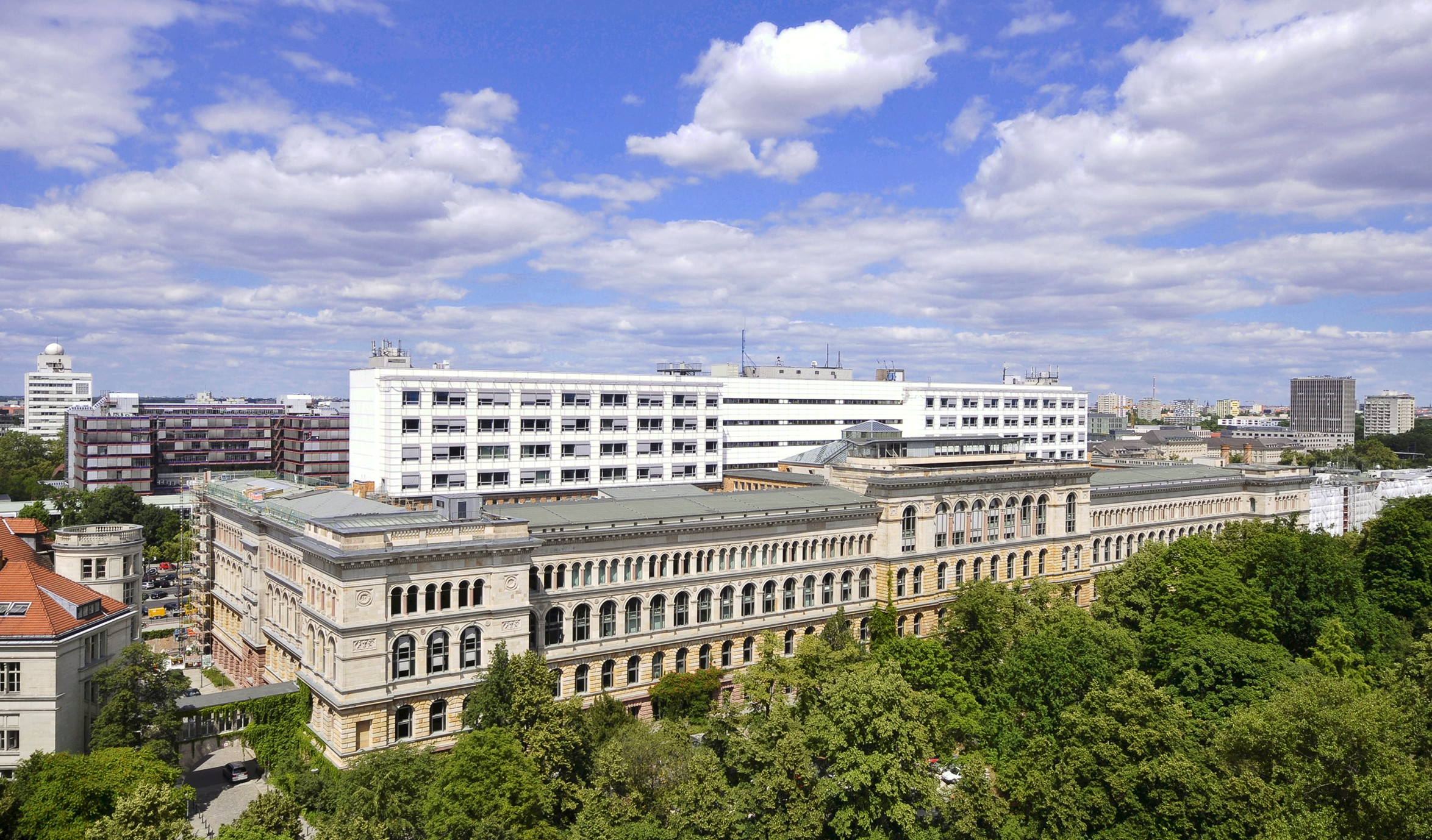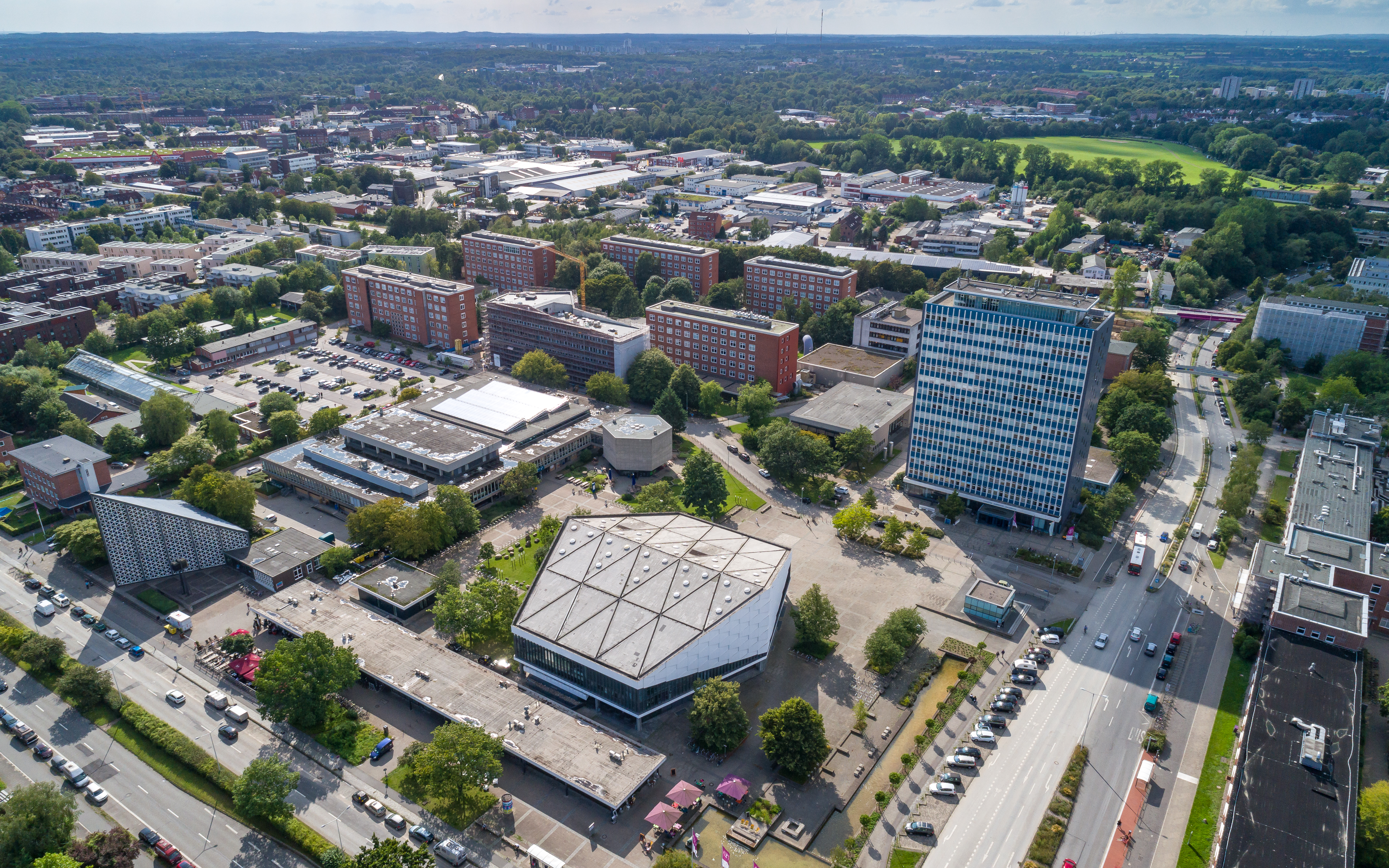|
Alfred Herrmann
Alfred Herrmann (26 December 1879 – 19 November 1960) was a German historian, journalist and politician. Biography Hermann was born in Inowrazlaw (Inowrocław) to Otto Herrmann, a post officer, and Helene née Gartner. He studied history, German studies and philosophy at the University of Breslau, Universities of Breslau (Wrocław) and University of Munich, Munich. During his studies he became a member of the :de:KDStV Winfridia (Breslau) Münster, KDStV Winfridia Breslau in the :de:Cartellverband der katholischen deutschen Studentenverbindungen, CV in 1899. After graduating in Breslau in 1903, Herrmann then started to work for Hermann Hüffer in Bonn and became the editor of "''Annalen des Historischen Vereins für den Niederrhein''" in 1905. He habilitated in 1906 and worked at the University of Bonn until 1913, focusing on Napoleonic, Prussian and Rhenish history. In autumn 1913 Herrmann became a professor for history at the :de:Königliche Akademie zu Posen, Royal Academy ... [...More Info...] [...Related Items...] OR: [Wikipedia] [Google] [Baidu] |
Prussia
Prussia (; ; Old Prussian: ''Prūsija'') was a Germans, German state centred on the North European Plain that originated from the 1525 secularization of the Prussia (region), Prussian part of the State of the Teutonic Order. For centuries, the House of Hohenzollern ruled Prussia, expanding its size with the Prussian Army. Prussia, with its capital at Königsberg and then, when it became the Kingdom of Prussia in 1701, History of Berlin, Berlin, decisively shaped the history of Germany. Prussia formed the German Empire when it united the German states in 1871. It was ''de facto'' dissolved by 1932 Prussian coup d'état, an emergency decree transferring powers of the Prussian government to German Chancellor Franz von Papen in 1932 and ''de jure'' by Abolition of Prussia, an Allied decree in 1947. The name ''Prussia'' derives from the Old Prussians who were conquered by the Teutonic Knightsan organized Catholic medieval Military order (religious society), military order of Pru ... [...More Info...] [...Related Items...] OR: [Wikipedia] [Google] [Baidu] |
People From The Province Of Posen
The term "the people" refers to the public or common mass of people of a polity. As such it is a concept of human rights law, international law as well as constitutional law, particularly used for claims of popular sovereignty. In contrast, a people is any plurality of persons considered as a whole. Used in politics and law, the term "a people" refers to the collective or community of an ethnic group or nation. Concepts Legal Chapter One, Article One of the Charter of the United Nations states that "peoples" have the right to self-determination. Though the mere status as peoples and the right to self-determination, as for example in the case of Indigenous peoples (''peoples'', as in all groups of indigenous people, not merely all indigenous persons as in ''indigenous people''), does not automatically provide for independent sovereignty and therefore secession. Indeed, judge Ivor Jennings identified the inherent problems in the right of "peoples" to self-determination, as i ... [...More Info...] [...Related Items...] OR: [Wikipedia] [Google] [Baidu] |
1960 Deaths
It is also known as the "Year of Africa" because of major events—particularly the independence of seventeen African nations—that focused global attention on the continent and intensified feelings of Pan-Africanism. Events January * January 1 – Cameroon becomes independent from France. * January 9–January 11, 11 – Aswan Dam construction begins in Egypt. * January 10 – Prime Minister of the United Kingdom, British Prime Minister Harold Macmillan makes the Wind of Change (speech), "Wind of Change" speech for the first time, to little publicity, in Accra, Gold Coast (British colony), Gold Coast (modern-day Ghana). * January 19 – A revised version of the Treaty of Mutual Cooperation and Security between the United States and Japan ("U.S.-Japan Security Treaty" or "''Anpo (jōyaku)''"), which allows U.S. troops to be based on Japanese soil, is signed in Washington, D.C. by Prime Minister Nobusuke Kishi and President Dwight D. Eisenhower. The new treaty is opposed by t ... [...More Info...] [...Related Items...] OR: [Wikipedia] [Google] [Baidu] |
1879 Births
Events January * January 1 ** The Specie Resumption Act takes effect. The United States Note is valued the same as gold, for the first time since the American Civil War. ** Brahms' Violin Concerto is premiered in Leipzig with Joseph Joachim as soloist and the composer conducting. * January 11 – The Anglo-Zulu War begins. * January 22 – Anglo-Zulu War – Battle of Isandlwana: A force of 1,200 British soldiers is wiped out by over 20,000 Zulu warriors. * January 23 – Anglo-Zulu War – Battle of Rorke's Drift: Following the previous day's defeat, a smaller British force of 140 successfully repels an attack by 4,000 Zulus. February * February 3 – Mosley Street in Newcastle upon Tyne (England) becomes the world's first public highway to be lit by the electric incandescent light bulb invented by Joseph Swan. * February 8 – At a meeting of the Royal Canadian Institute, engineer and inventor Sandford Fleming first proposes the global ... [...More Info...] [...Related Items...] OR: [Wikipedia] [Google] [Baidu] |
Technische Universität Berlin
(TU Berlin; also known as Berlin Institute of Technology and Technical University of Berlin, although officially the name should not be translated) is a public university, public research university located in Berlin, Germany. It was the first German university to adopt the name "Technische Universität" (university of technology). The university alumni and staff includes several United States National Academies, US National Academies members, two National Medal of Science laureates, the creator of the first fully functional programmable (electromechanical) computer, Konrad Zuse, and ten Nobel Prize laureates. TU Berlin is a member of TU9, an incorporated society of the largest and most notable German institutes of technology and of the Top International Managers in Engineering network, which allows for student exchanges between leading engineering schools. It belongs to the Conference of European Schools for Advanced Engineering Education and Research. The TU Berlin is home of ... [...More Info...] [...Related Items...] OR: [Wikipedia] [Google] [Baidu] |
Dresden
Dresden (; ; Upper Saxon German, Upper Saxon: ''Dräsdn''; , ) is the capital city of the States of Germany, German state of Saxony and its second most populous city after Leipzig. It is the List of cities in Germany by population, 12th most populous city of Germany, the fourth largest by area (after Berlin, Hamburg, and Cologne), and the third-most populous city in the area of former East Germany, after Berlin and Leipzig. Dresden's urban area comprises the towns of Freital, Pirna, Radebeul, Meissen, Coswig, Saxony, Coswig, Radeberg, and Heidenau and has around 790,000 inhabitants. The Dresden metropolitan area has approximately 1.34 million inhabitants. Dresden is the second largest city on the River Elbe after Hamburg. Most of the city's population lives in the Dresden Basin, Elbe Valley, but a large, albeit very sparsely populated, area of the city east of the Elbe lies in the West Lusatian Hill Country and Uplands (the westernmost part of the Sudetes) and thus in Lusatia. ... [...More Info...] [...Related Items...] OR: [Wikipedia] [Google] [Baidu] |
University Of Hamburg
The University of Hamburg (, also referred to as UHH) is a public university, public research university in Hamburg, Germany. It was founded on 28 March 1919 by combining the previous General Lecture System ('':de:Allgemeines Vorlesungswesen, Allgemeines Vorlesungswesen''), the Hamburg Colonial Institute ('':de:Hamburgisches Kolonialinstitut, Hamburgisches Kolonialinstitut''), and the Academic College ('':de:Akademisches Gymnasium (Hamburg), Akademisches Gymnasium''). The main campus is located in the central district of Rotherbaum, with affiliated institutes and research centres distributed around the city-state. Seven Nobel Prize winners and one Wolf Prize winner are affiliated with UHH. History Founding At the beginning of the 20th century, wealthy individuals made several unsuccessful petitions to the Hamburg Senate and Parliament requesting the establishment of a university. Senator Werner von Melle worked towards the merging of existing institutions into one university, ... [...More Info...] [...Related Items...] OR: [Wikipedia] [Google] [Baidu] |
University Of Kiel
Kiel University, officially the Christian Albrecht University of Kiel, (, abbreviated CAU, known informally as Christiana Albertina) is a public research university in the city of Kiel, Germany. It was founded in 1665 as the ''Academia Holsatorum Chiloniensis'' by Christian Albert, Duke of Holstein-Gottorp and has approximately 27,000 students today. It is the largest, oldest, and most prestigious university in the state of Schleswig-Holstein. Until 1866, it was not only the northernmost university in Germany but at the same time the 2nd largest university of Denmark. Faculty, alumni, and researchers of Kiel University have won 12 Nobel Prizes. Kiel University has been a member of the German Universities Excellence Initiative since 2006. The Cluster of Excellence The Future Ocean, which was established in cooperation with the GEOMAR Helmholtz Centre for Ocean Research Kiel in 2006, is internationally recognized. The second Cluster of Excellence "Inflammation at Interfaces" d ... [...More Info...] [...Related Items...] OR: [Wikipedia] [Google] [Baidu] |
World War I
World War I or the First World War (28 July 1914 – 11 November 1918), also known as the Great War, was a World war, global conflict between two coalitions: the Allies of World War I, Allies (or Entente) and the Central Powers. Fighting took place mainly in European theatre of World War I, Europe and the Middle Eastern theatre of World War I, Middle East, as well as in parts of African theatre of World War I, Africa and the Asian and Pacific theatre of World War I, Asia-Pacific, and in Europe was characterised by trench warfare; the widespread use of Artillery of World War I, artillery, machine guns, and Chemical weapons in World War I, chemical weapons (gas); and the introductions of Tanks in World War I, tanks and Aviation in World War I, aircraft. World War I was one of the List of wars by death toll, deadliest conflicts in history, resulting in an estimated World War I casualties, 10 million military dead and more than 20 million wounded, plus some 10 million civilian de ... [...More Info...] [...Related Items...] OR: [Wikipedia] [Google] [Baidu] |





